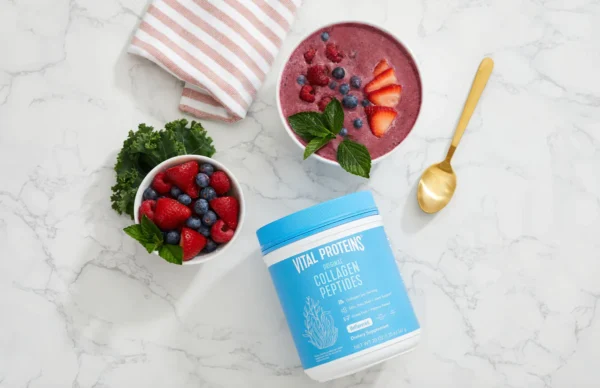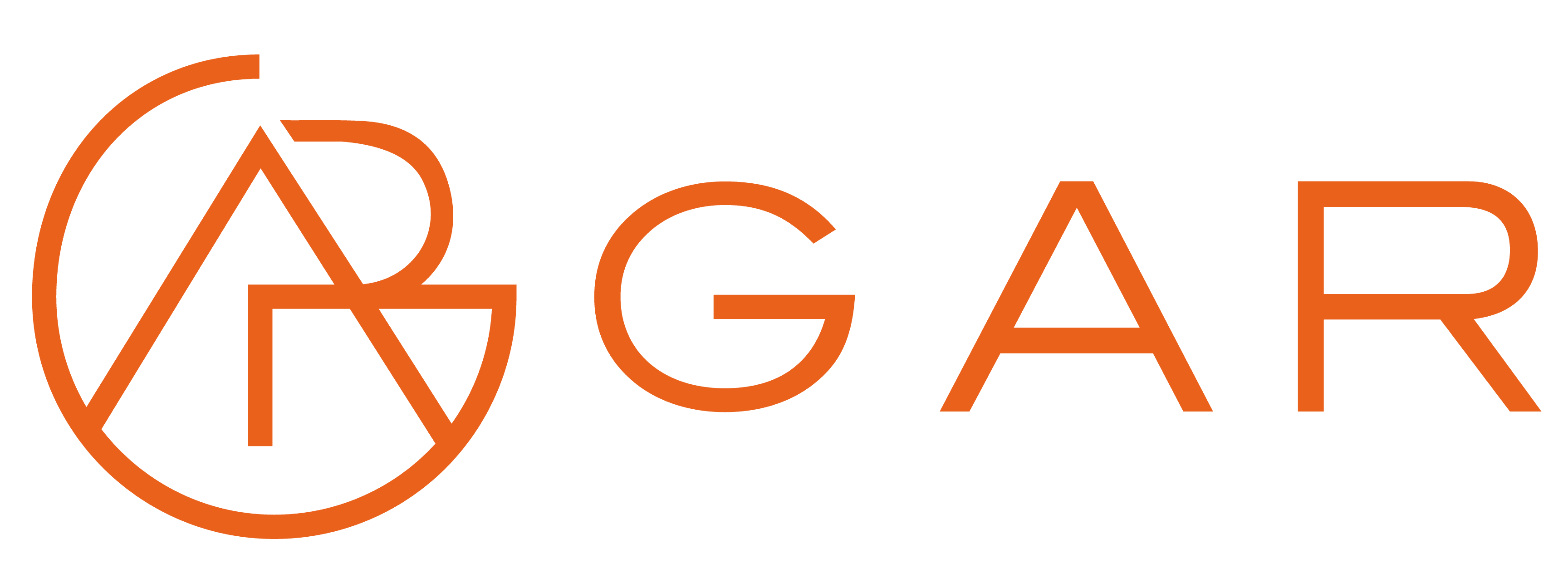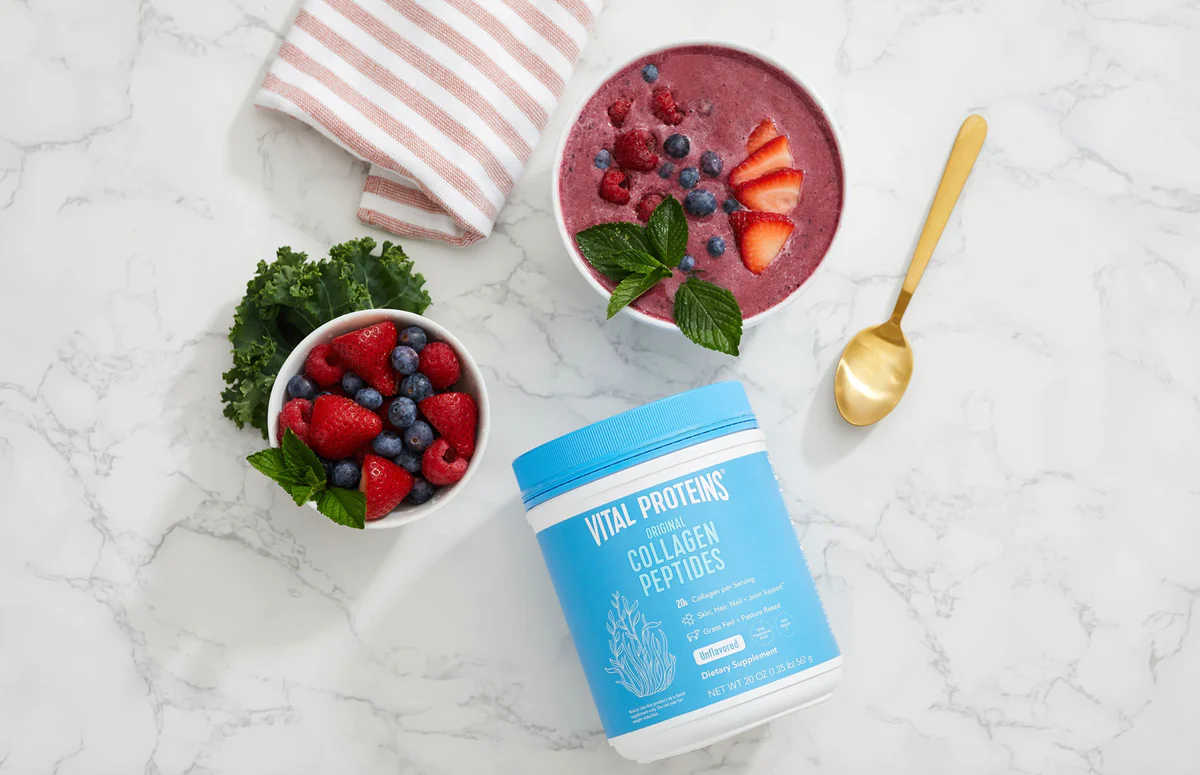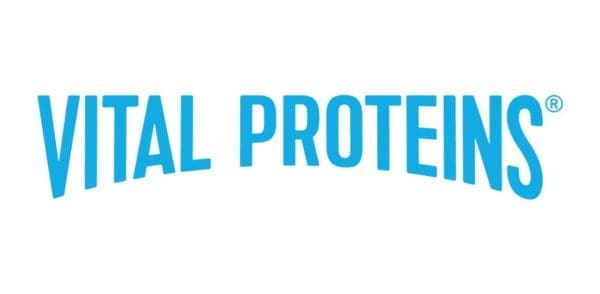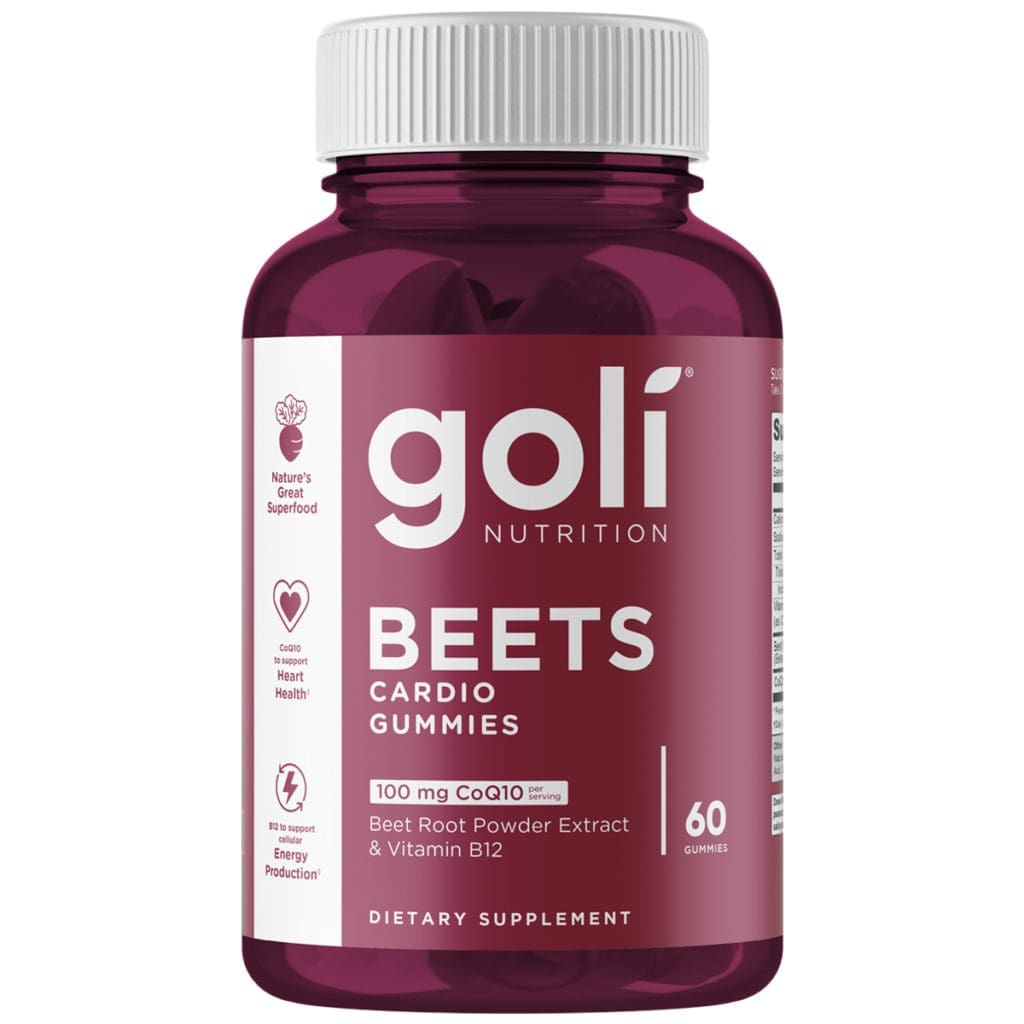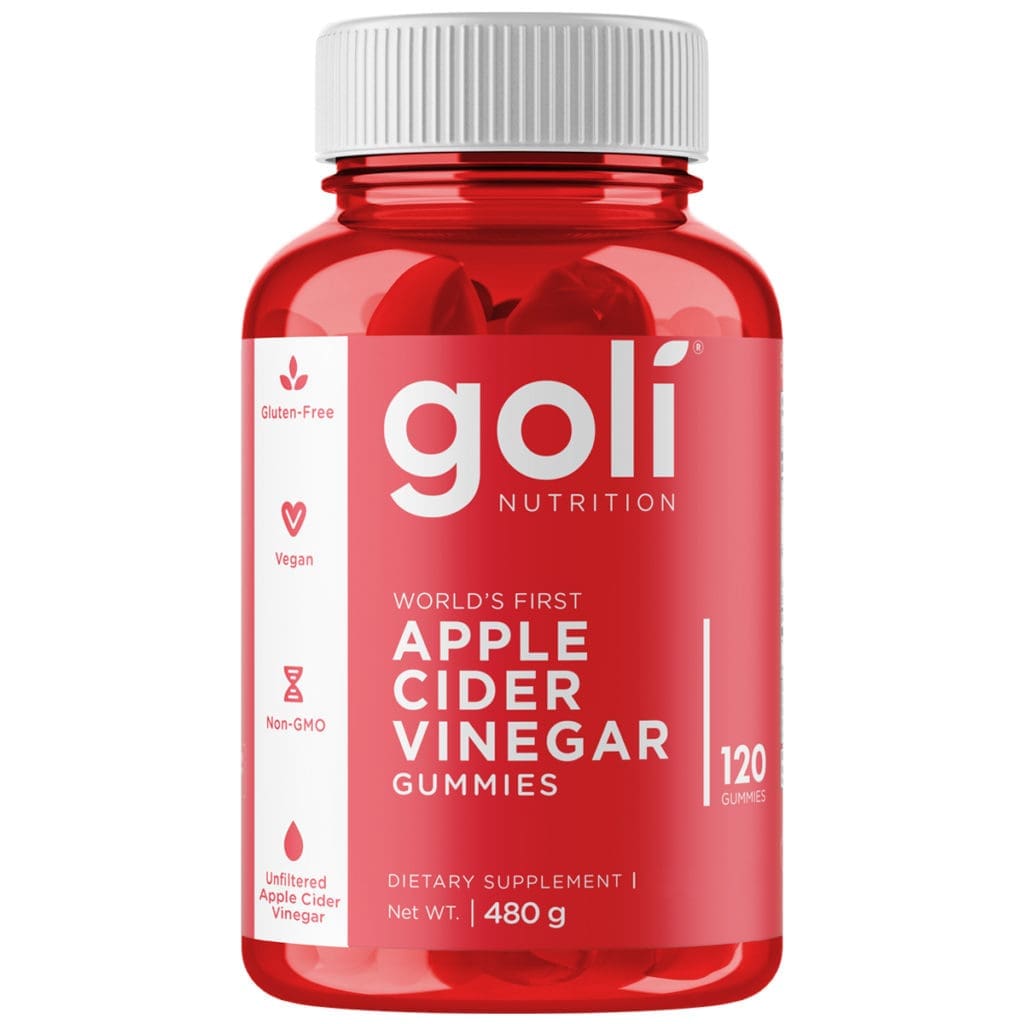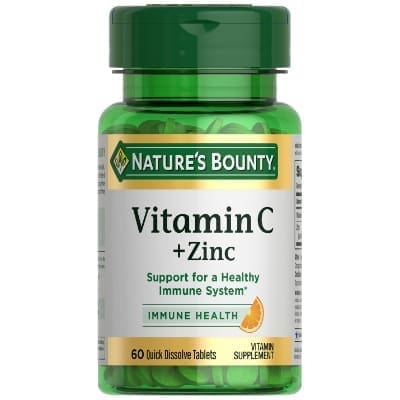ARTICLE SUMMARY:
- Collagen is the most abundant protein in the body and helps you rebuild from the inside
- The body’s natural collagen production decreases with age
- Collagen supplements are derived from animal tissue; mostly cow and fish
- Collagen supports hair, nail, skin, bone, joint, muscle and ligament health
- Collagen supplement are easy to use and effective when utilized properly
WHAT YOU CAN EXPECT TO LEARN IN THIS ARTICLE
- What is collagen and why is it important?
- What does collagen do for the body?
- Where does collagen come from and how is it made?
- Are there different types of collagen?
- What is Verisol® collagen?
- What is collagen bioavailability?
- What causes collagen loss?
- What are collagen builders?
- What foods contain collagen?
- How much collagen should I take?
- How do collagen supplements work?
- How should I use collagen?
- Do collagen supplements work?
WHAT IS COLLAGEN AND WHY IS IT IMPORTANT?
Collagen is the most abundant structural protein in the human body. In fact, it accounts for about 30% of all bodily protein. Specifically, collagen is a key component of our connective tissues, playing a critical role in helping to support strength, flexibility, movement and motion.
As a structural protein, collagen is made up of 18 amino acids and is uniquely high in 3 key amino acids: glycine, proline and hydroxyproline. These amino acids form long chains of polypeptide molecules that create the structure of collagen fibers. These collagen proteins are critical in helping to support the health and integrity of our body’s tissues, especially in our muscles, tendons, bones, joints and skin.
WHAT DOES COLLAGEN DO FOR THE BODY?
Because collagen is one of the most abundant proteins found in our bodies, the benefits of collagen are plentiful and diverse. It is present in all connective tissues including bone, cartilage, ligaments, tendons, muscles, teeth, skin, and many other parts of the body. Essentially, collagen is responsible for maintaining the structural integrity of our body. It helps keep us strong and flexible.
SKIN
When it comes to skin – collagen helps to maintain its firm, plump, hydrated and supple nature. It does this through the dermis (the skin’s foundation), which is closely involved in keeping the skin elastic and flexible. Since collagen is a prevalent component of the dermis, keeping collagen in good supply is what helps the body retain the above benefits.
But as with most things, time takes its toll on the amount of collagen present in our body . And, the body’s natural collagen production diminishes as we age, which can result in fine lines and sagging skin. Incorporating ingestible collagen to your diet can help the body regenerate what’s been lost or broken down with age.**
BONE, JOINTS, MUSCLES, LIGAMENTS
Collagen is one of the components that make up your bones, so as collagen production decreases your bone health is compromised. This might result in your bones becoming much more susceptible to fractures and breaks. In healthy bones there is a balance in bone turnover between the activity of bone forming cells (osteoblasts) and cells responsible for bone reabsorption (osteoclasts). When the equilibrium is disrupted and cell breakdown is outpacing the synthesis of new bone, the result is less flexible and more fragile bones. There is evidence to show that supplementing with collagen can help support bones. Collagen peptides also support joint and comfort mobility
Collagen makes up approximately 11 percent of the protein found in muscle. And while collagen peptides do not build muscle, they are shown to help support muscle function. As we get older and become less active, we lose muscle. Physical activity also puts muscles at risk of injury or muscle soreness. While collagen peptides do not build muscle, they are shown to help support muscle function.
Our wide variety of collagen products, such as vital protein , marine collagen can help restore and promote collagen production, which is pivotal for maintaining bone, muscle and ligament health.
HAIR
Collagen supplements contain amino acids that our bodies use to build keratin, a primary protein in hair. As such, collagen plays an important role in promoting the health of the scalp and hair follicles . Additionally, collagen is the primary component of the dermis, which is the connective tissue that holds hair follicles. Supplementing with collagen boosters like
NAILS
When your body is not producing sufficient amounts of collagen, your nails may be more prone to cracking and splitting. Daily collagen supplements, such as contain arginine, an amino acid that supports overall nail health.
ACTIVE LIFESTYLE
Collagen is vital for muscle recovery after exercise. While it does not contain specific amino acids (like leucine) that are essential for muscle protein synthesis it is believed that collagen can help boost muscle mass, specifically by stimulating growth of muscle after exercise and through synthesis of muscle proteins.
Athletes who take collagen supplements before and after workouts may experience faster recovery times and improved endurance. Try adding to your workout supplement routine, which combines both collagen peptides and high-quality, lactose-free milk protein isolate.
WHAT CAUSES COLLAGEN LOSS
The body’s natural production of collagen is a continuous, dynamic process that involves a balance between the synthesis of new collagen proteins and the breakdown of old/damaged proteins. As we age, our body’s own internal (endogenous) production begins to decline which contributes to elements of aging such as saggy, lackluster skin and less joint mobility and flexibility.
Both age and lifestyle factors including stress, sun exposure, smoking and alcohol have an impact on the presence of collagen in our body. Collagen loss naturally starts to occur after the age of 30 and is increasingly lost with age with an estimate of 1 percent collagen loss annually. By the time we reach 80 years old, it’s believed that collagen production has decreased by 75 percent.
That fact, combined with dietary preferences that may be void of collagen-rich food sources (such as plant-based diets, or discarding collagen-rich parts of meat such as bones, organs, tendons and ligaments), makes a supplemental, daily dose of collagen beneficial. Adding collagen to your diet can help your body regenerate and makeup for what has been broken down or lost.
WHAT FOODS CONTAIN COLLAGEN?
Getting plenty of exercise and eating a healthy diet that includes both collagen-rich foods and foods that promote collagen production — like bone broth, berries, citrus fruits, cashews and gelatin — are a few ways to help keep the important parts of our bodies well-oiled and strong.
In addition to supplementing with daily collagen, it’s easy to start incorporating more collagen and collagen promoting foods into your diet. Foods rich in collagen are from animal proteins, especially those with a lot of tough connective tissue present like brisket and roasts. A simple swap to incorporate more collagen is by replacing traditional broths with bone broth. The flavor will be stronger than broths and you’ll get both collagen and minerals that you otherwise wouldn’t have gotten from broth.
High protein foods including meat, eggs, fish and poultry are also believed to nurture your body’s own collagen production because they contain the amino acids (glycine, proline, hydroxyproline) that make collagen. Among other nutrients, collagen production also requires zinc, which you can naturally boost in your diet by filling your plate with shellfish, legumes, nuts and seeds, citrus fruit, berries, and bell peppers.
HOW MUCH COLLAGEN SHOULD I TAKE?
One serving size of Vitalprotein, collagen peptides is equal to 4 tablespoons.
One serving size of Vitalprotein collagen marine is equal to 3 tablespoons
HOW DO COLLAGEN SUPPLEMENTS WORK?
Collagen peptide supplementation can support bone health and joint function as well as slow muscle and cartilage loss. While there are different forms of collagen, including gelatin, collagen peptides are the most effective form as a supplement to support the musculoskeletal system. This form of collagen has a lower molecular weight, which makes it incredibly bioavailable and, thus, ideal for use as a supplement.
In fact, research has shown that over 90 percent of collagen peptides are digested and are highly absorbable, appearing as small peptides in the blood just 1 hour after consumption. And when consumed, collagen peptides stimulate the activity of special cells like chondrocytes and osteoblasts.**^ These cells are found throughout the body and are responsible for the production of new collagen, providing the body with the same amino acids that are naturally present in our collagen.
HOW SHOULD I USE COLLAGEN?
Learning how to use collagen effectively is not difficult. Collagen can be a simple addition to your diet and can easily be integrated into your existing wellness or fitness routine.
Collagen supplements can be added to almost anything and do not alter the taste or texture of foods or drinks. Some of our favorite ways to incorporate collagen into our daily routine include:
- Mixing collagen into your morning coffee
- mixing collagen into your cold juice
Expert Tip: If blending in cold liquid, start with filling your glass 1/3 of the way with lukewarm water, adding a scoop or two of collagen, then topping it off with cold liquid and mixing. This will help avoid powder clumping and creates the best sipping experience.
Using ice? Follow the same steps, adding ice before topping off your collagen drink with cold water.
